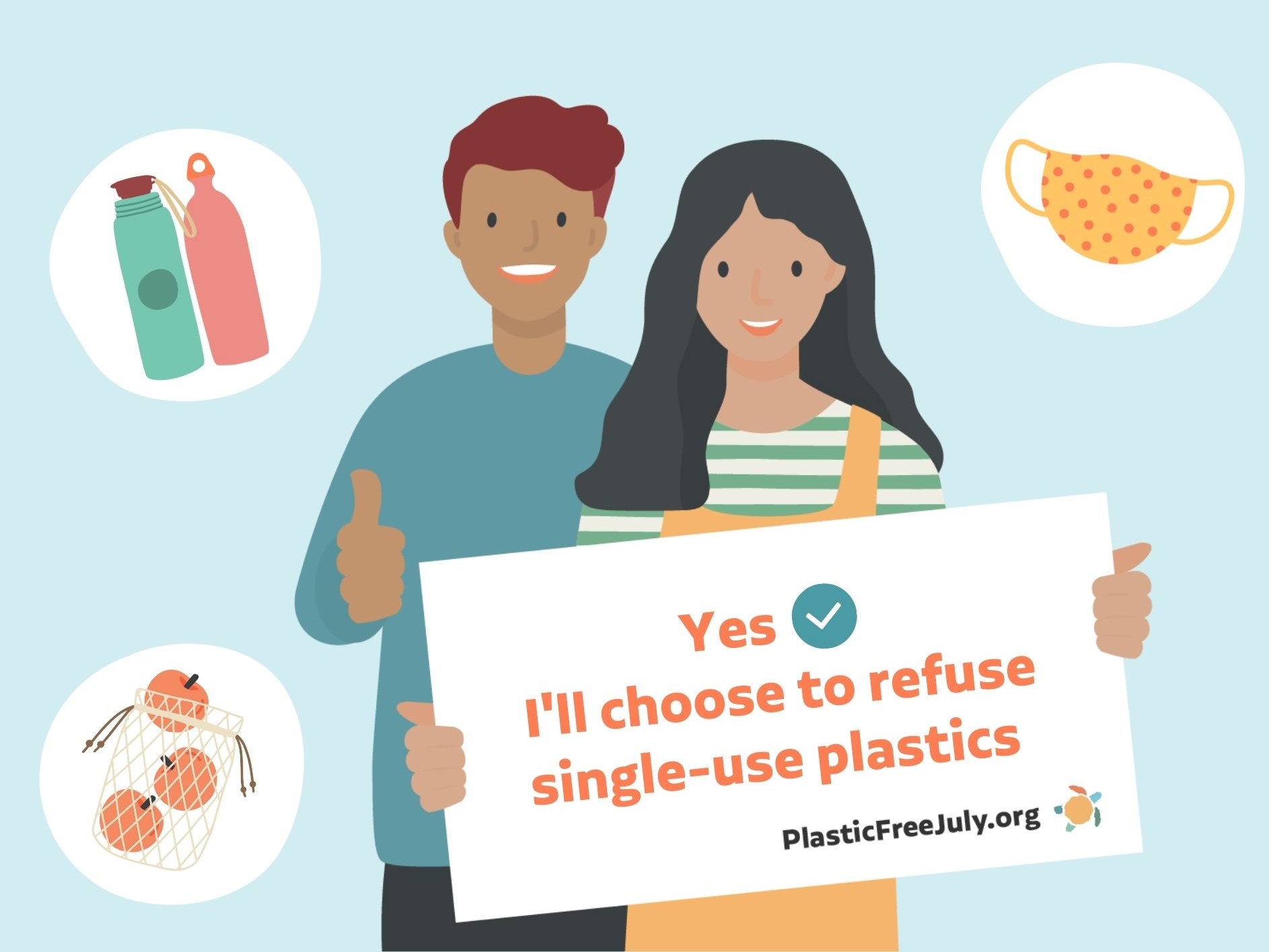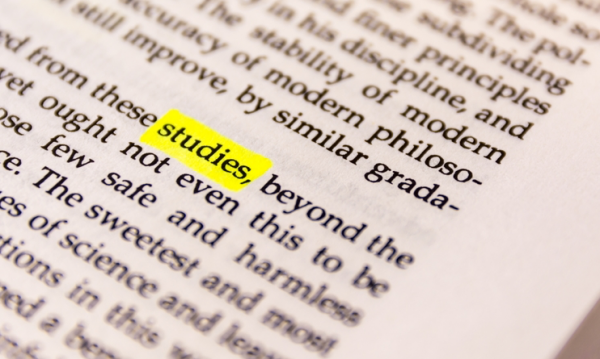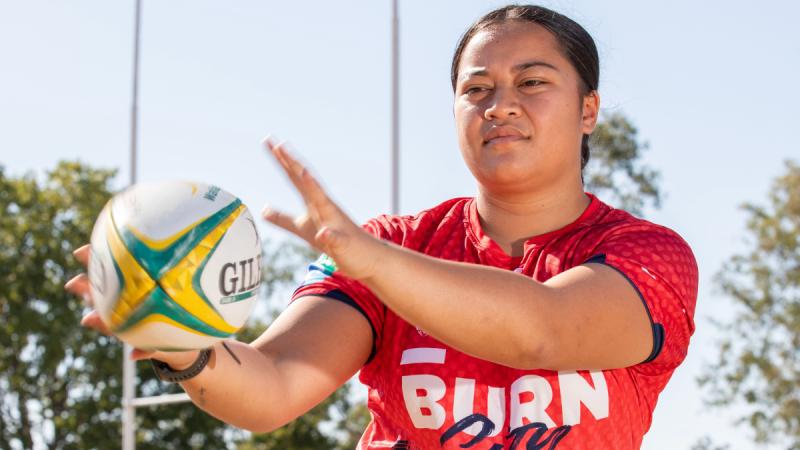 Plastic products have become a necessity in our everyday lives and while plastics are important for medical equipment and food safety, it is just as important to be aware of the detrimental effect plastics have on our environment and community health, particularly single-use plastic products and soft plastics.
Plastic products have become a necessity in our everyday lives and while plastics are important for medical equipment and food safety, it is just as important to be aware of the detrimental effect plastics have on our environment and community health, particularly single-use plastic products and soft plastics.
Soft plastics have been listed as one of the fastest growing plastic packaging categories and are almost exclusively single use. Australia is said to go through 70 billion pieces of soft plastic each year and Hawkesbury City Council is urging the community to reduce – and ideally avoid – soft plastic consumption.
Soft plastics can be defined as any type of type of plastic item that can be easily scrunched into your hand and doesn’t keep its shape like a hard plastic item would. Soft plastics are primarily used as packaging and can include items such as plastic bags, bread bags, lolly and biscuit wrappers, cling wrap, frozen food bags, pasta and rice bags and bubble wrap.
Bin inspections undertaken around the Hawkesbury Local Government Area consistently show that soft plastics are the most abundant type of contamination found in kerbside recycling bins, according to the Mayor of Hawkesbury, Councillor Sarah McMahon.
“Recyclable materials from yellow lidded kerbside bins are sent to Materials Recovery Facilities to be sorted and processed, readying them to be made into new products,” Mayor McMahon said.
“Soft plastic contamination at the Materials Recovery Facility gets caught in machinery, causing delays, placing waste workers at risk, and increasing processing costs.
“Not only do soft plastics pose significant problems at MRFs, but they also negatively impact our environment and wildlife.
“Soft plastics are so lightweight that they easily end up as wind-blown litter, polluting the environment and causing wellbeing concerns for wildlife,” Mayor McMahon explained.
Currently, all soft plastics must only be disposed of via the red lidded kerbside general waste bins, while only empty rigid plastic containers such as milk and juice bottles, shampoo bottles, washing detergent bottles, and clear plastic punnets from the kitchen, bathroom and laundry can be recycled.
“It is also important that no plastic bin liners are used and that recyclables are all kept loose in kerbside recycling bins to ensure that all recyclable materials can be sorted and processed correctly,” the Mayor added.
The NSW Government recognises the impact of plastic on the natural environment and human health, and in June 2021, the NSW Government released the NSW Plastics Action Plan to manage plastic throughout its lifecycle – from generation through to production, supply and reducing plastic waste.
In June 2022, the Government started to phase out single-use plastic items, and in October 2023, it released the supporting NSW Plastics: Next Steps report to identify what NSW needs to be doing to keep pace with other Australian states and territories.
“The best way to address the soft plastic issue is to avoid soft plastic use whenever possible and to consider alternatives,” Mayor McMahon suggested.
A few simple steps you can make towards reducing and avoiding soft plastics are:
- replacing plastic supermarket bags with reusable bags
- buying in bulk or shopping at waste-free stores to minimise packaging
- choosing items with recyclable packaging instead of soft plastic packaging and
- opting for reusable mesh bags as produce bags for fruits and vegetables.
July is the perfect time to consider reducing your plastic footprint – head over to the Plastic Free July® website www.plasticfreejuly.org where you can find great resources and ideas to help kickstart your journey towards reducing and refusing single-use plastic waste.








